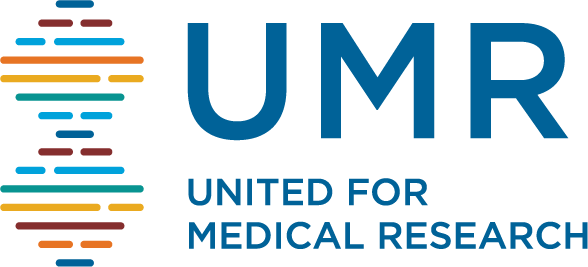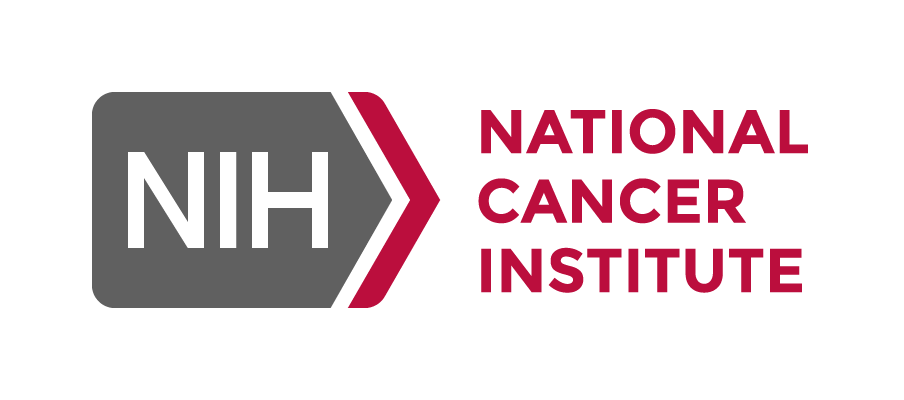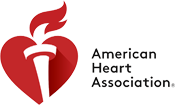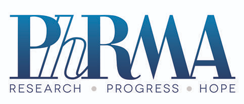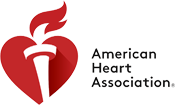Resources
Filter By UMR Member Organization
FILTER

BD Infectious Disease Insights: The Severity of Omicron in the U.S.
As the world becomes an interdependent information sharing community in parallel with an increasingly global economy, emerging infectious diseases have been occurring with greater frequency during the past few decades. None have tested the U.S. health care system’s capacity or resiliency like COVID-19 – forever changing the way that we think about future outbreaks and how we manage the related unintended consequences. As we pass the two-year mark of the COVID-19 pandemic, we’re launching BD Infectious Disease Insights to dig deeper into today’s most prominent infectious disease trends.

Understanding Long COVID-19
The Centers for Disease Control and Prevention (CDC) defines long COVID as health problems lasting four or more weeks after first getting infected with the novel coronavirus, impacting as many as one out of every four patients who are diagnosed with COVID-19. The aftermath of symptoms for self-described “long haulers” is unfortunately all too real: one patient shared that even after a full 12 months since he “recovered” from his COVID-19 infection, he is still dealing with symptoms like trouble breathing, coughing, shortness of breath and having to rely on an oxygen tank because of severely damaged lungs.

New demographic data tools tell the story of COVID-19’s impact in the U.S.
The Johns Hopkins Coronavirus Resource Center today released demographic data and new tools to show the impact COVID-19 has had across the United States as measured by age, race and ethnicity, and gender and sex. The 7,700 data points collected and processed each month from 55 U.S. states and jurisdictions provide one of the most detailed demographic portraits for cases, deaths, tests, and vaccinations. The new visualizations offer the ability to dissect how COVID-19 has hit various populations and to see the disparate impact inflicted upon minority populations.

New global dashboard sheds light on reasons behind COVID vaccine hesitancy, refusal
Interactive tool created with survey data collected from more than 12 million people from 115 countries and analyzed by the Johns Hopkins Center for Communication Programs

An Infectious-Disease Doctor Answers All Your Questions About the Delta Variant
Vogue spoke to Dharushana Muthulingam, M.D., M.S., a specialist in infectious disease and faculty member at Washington University School of Medicine in St. Louis; read her answers at the link.
Johnson & Johnson Statement on U.S. FDA Approval of Shelf Life Extension for Company’s COVID-19 Vaccine
We are pleased to confirm the U.S. Food & Drug Administration (FDA) has extended the shelf life for the Johnson & Johnson single-shot COVID-19 vaccine to six months. The decision is based on data from ongoing stability assessment studies, which have demonstrated the vaccine is stable at six months when refrigerated at temperatures of 36 – 46 degrees Fahrenheit (2 – 8 degrees Celsius). Expiration dates will be updated on www.vaxcheck.jnj, where vaccine providers can confirm the latest expiration dates of our vaccine.

Assessing the Delta variant
The Delta variant of the coronavirus has been spreading rapidly throughout the U.S. and worldwide. William Hanage, associate professor of epidemiology and a faculty member of the Center for Communicable Disease Dynamics at Harvard T.H. Chan School of Public Health, discusses the threat.

The Long Haul: Treating Long-Term Complications of COVID-19
The Northwestern Medicine Comprehensive COVID-19 Center is committed to caring for and conducting research on behalf of patients who experience long-term complications from COVID-19.
Penn Researcher Explains Why COVID-19 Affects Our Sense of Smell | 5 Questions
An early warning sign of a possible COVID-19 infection is losing one’s sense of smell. But why is that? What does it mean? And do people regain their sense of smell when they recover? One of the researchers studying these questions is Richard Doty, professor and director of the University of Pennsylvania Smell and Taste Center at the Perelman School of Medicine.
